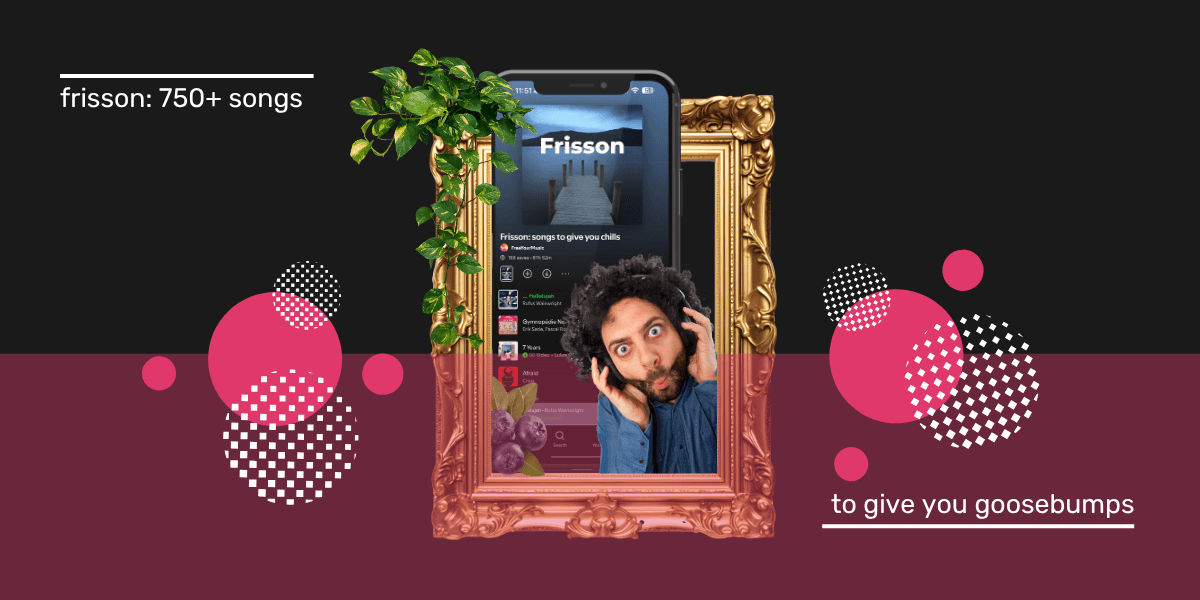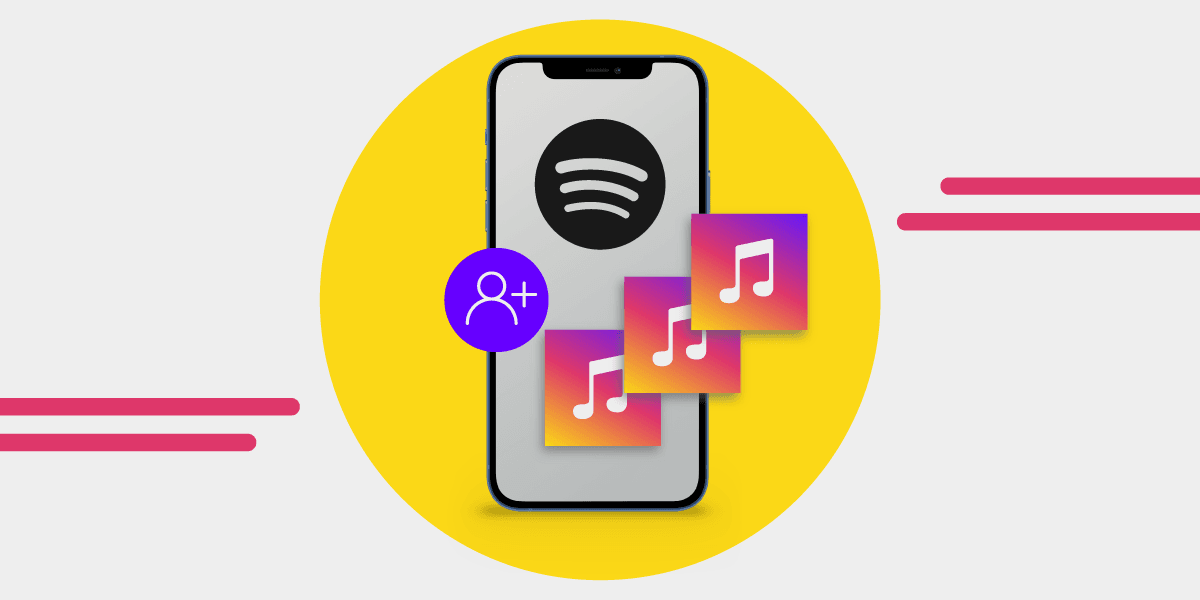Music news, tips & stories
Stay updated with the latest music streaming insights, playlist management tips, and industry news.
Frisson: 750+ songs scientifically proven to give you goosebumps
July 29, 2025

Do you ever get goosebumps when you hear music? Like, actual goosebumps? Like, the kind that makes your whole body shudder and shiver? The hair on your arms stands up and your heartbeat speeds up. You feel like you're on a rollercoaster, right before it drops.
It can happen while listening to a song on a music streaming app or in a concert hall, or while watching a movie with an amazing soundtrack. But what exactly is the science behind the phenomenon? And why does it happen?
What is Frisson? Frisson definition
Frisson (pronounced free-sawn) is a French term meaning "aesthetic chills". It's defined by Wikipedia as "a brief, yet often intense experience of pleasure, attributed to physical or emotional stimuli".
Listening to music is the most common trigger of frisson, but other experiences can cause it too. We can get the “aesthetic chills” when appreciating great beauty in art, nature, or poetry.
In this article, we’re going to focus purely on musical frisson, the feeling you get when the power music moves you and you feel chills all over. It's not just about goosebumps, though—it's about a series of physiological responses that happen in your body when you hear a song.
But what makes certain songs give you chills? Is it because they're so good? Or is there something more going on here? Well, let's break down some of the possible reasons why certain songs can make you feel like you're hugged by an angel.

What causes Frisson
Frisson, often referred to as “musical chills,” is a fascinating phenomenon that scientists are still exploring. While some link it to feelings of awe, others suggest it’s all about surprise.
The most accepted theory is that frisson occurs when a song you enjoy suddenly shifts in an unexpected way—whether it’s a dramatic change in tone, volume, or rhythm.
These surprises create an emotional climax, catching you off guard and triggering a physical reaction like chills or goosebumps.
It’s the musical equivalent of hearing a sudden, loud noise in the wild. Your body braces for action, but when it realizes there’s no real danger, dopamine is released, and you're left with that wave of pleasurable chills.
Emotional contagion plays a big role too. This happens when the emotion expressed in the music—like sadness or joy—transfers to you. The stronger this emotional connection, the more likely you are to experience frisson.
Context matters as well. Listening to an epic movie soundtrack in a theater, surrounded by sound and story, can amplify the experience, making those chills more intense.
Lastly, research suggests that frisson is more common among people who are actively engaged in the music—those who are really listening. If you’re passively letting the music play in the background, you're less likely to feel those spine-tingling chills.
What does musical frisson feel like
Frisson is most often described as a feeling associated with excitement and arousal.
In his book Musicophilia, Dr. Oliver Sacks describes an experience where he heard a piece of music while on a subway journey, and it gave him goosebumps. He said, "I felt as though I were floating out of my body - or rather being lifted up by it; for the sensation had its counterpart in an upward movement through my body."
Frisson, or that spine-tingling sensation you get while listening to music, is much more than just goosebumps. It happens when your brain's reward centers, which are typically activated by things like food or physical pleasure, respond to unexpected musical changes. These moments, whether it's a sudden bass drop or a key change, cause dopamine to be released, giving you those intense chills.
Research from McGill University has shown that dopamine release is triggered not only when you're experiencing the music but even in the anticipation of it.
This reinforces how music can create deep emotional responses even though it doesn’t offer a survival benefit like other dopamine triggers. The sensation is linked to how the brain's auditory and emotional regions communicate, making the experience feel both surprising and pleasurable at the same time.
Studies: Musical chills:why they give us thrills Smithsonian - What Happens in the Brain When Music Causes Chills?.
A playlist to give you chills
The playlist is based on the study of Remi de Fleurian and Marcus Pearce, two researchers who explored the topic of music chills. For their supplement material, they compiled a collection of songs reported to elicit goosebumps.
Let us know in the comments if these songs gave you chills!




